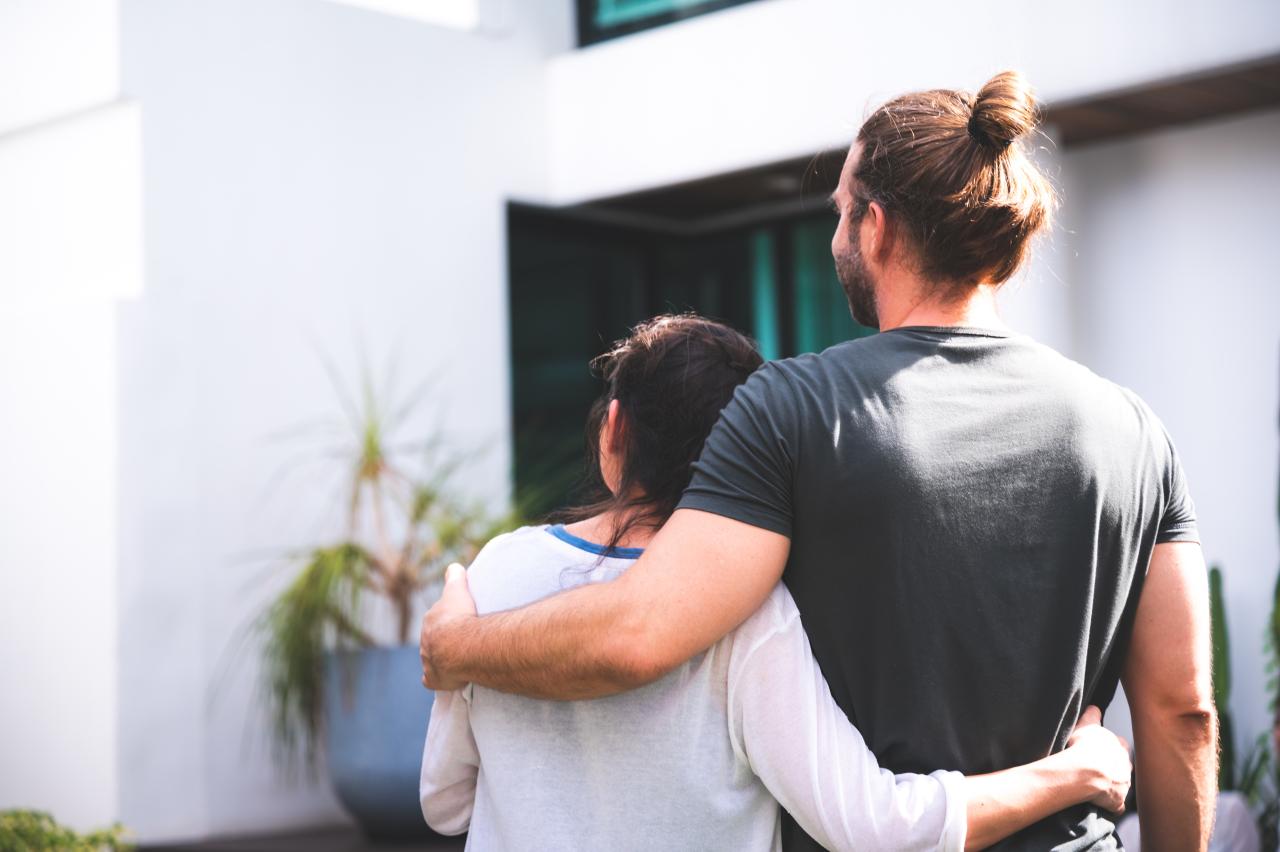Enabling people who are experiencing or have experienced a severe mental health disorder to access or remain in private housing is a benefit for all the community. However, research finds that only 27 per cent of people with a mental illness own or are buying their own home, which compares poorly with 70 per cent of the general Australian population who own or are buying their own home.
Government could consider policy options and strategies to prevent people with a mental illness who are buying their home from losing their home, for example, such as when illness prevents them being able to work for periods of time. In these cases, Government assistance could include tailored housing finance, deposit assistance and shared equity contribution initiatives. These strategies could involve flexibility in levels and timing of housing repayments, so that fluctuations in income or gaps in employment are managed more responsively by financial providers.
Government could also consider a number of different strategies to help families who are prepared to purchase a property to accommodate a relative with mental illness. When families embrace housing responsibility for family members with a mental illness, this reduces the welfare housing cost burdens for governments. There may also be benefits in that living in owner occupied housing provides stability, independence and safety, which in turn may improve the ability to maintain employment.
Incentives could also include low interest loans, forms of shared equity or tax offsets for families prepared to make a long term economic commitment to housing a family member who is experiencing an ongoing mental health disorder.




